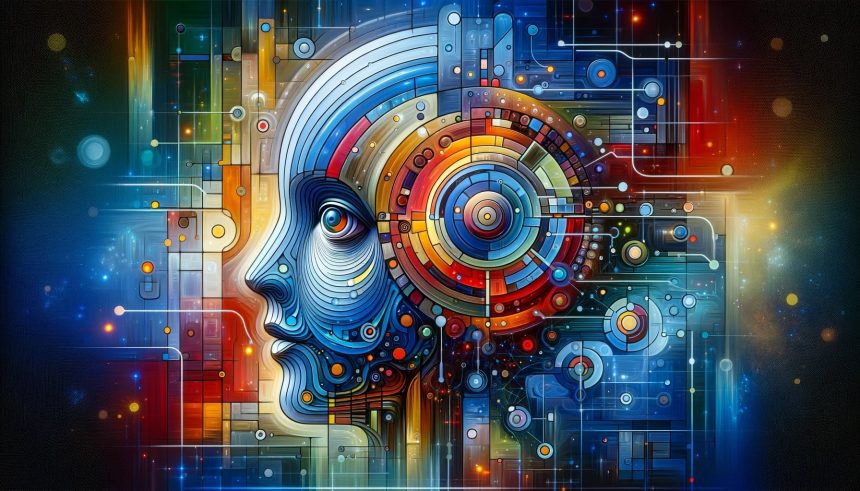In a series of significant developments, OpenAI has seen the departure of three high-ranking executives. These exits underscore a period of transformation within the artificial intelligence sector, as competitors like Anthropic gain momentum. The changes at OpenAI may have broader implications for the industry’s future direction, especially in areas like AI safety and alignment.
The wave of departures from OpenAI is not unprecedented. Similar shifts have occurred at other AI firms, driven by a dynamic industry landscape. These movements often highlight underlying tensions and different strategic priorities within competing companies. For example, previous exits from OpenAI have led to the establishment of new AI ventures, showcasing the ongoing evolution and diversification within the field.
Leadership Changes at OpenAI
Greg Brockman, president of OpenAI, announced a sabbatical through the end of the year, marking his first extended break since co-founding the company. Meanwhile, Peter Deng, who joined OpenAI in 2023 as vice president of product, has also exited. Deng’s background includes roles at Meta and Uber.
John Schulman, another co-founder, has left OpenAI to join Anthropic, an AI rival. Schulman, involved in OpenAI’s alignment science, cited a desire to focus more deeply on AI alignment as his reason for moving. He joins Anthropic, founded by ex-OpenAI employees Dario and Daniela Amodei, to work alongside like-minded researchers.
Anthropic Attracts Talent
Anthropic has attracted several former OpenAI employees beyond Schulman. Jan Leike, who co-led OpenAI’s Superalignment team, also joined Anthropic in May. Leike criticized OpenAI’s focus on products over safety. Additionally, Pavel Izmailov, a researcher fired from OpenAI, and Steven Bills, a technical staff member, have both transitioned to Anthropic.
These movements indicate Anthropic’s growing influence and its appeal to AI professionals focused on safety and ethical considerations. The company is backed by investors like Amazon, Google, and Menlo Ventures, and is valued at $15 billion.
Schulman’s move to Anthropic can be seen in the context of OpenAI’s broader trend of talent migration. The exodus includes figures like Andrej Karpathy and Ilya Sutskever, who left to start their own AI ventures. With these shifts, OpenAI’s original founding team has significantly decreased, leaving only Sam Altman and Wojciech Zaremba as active members.
The frequent shift of AI talent between companies such as OpenAI and Anthropic highlights the dynamic and competitive nature of the industry. These changes also reflect differing priorities, with some focusing on product innovation and others on safety and alignment. This ongoing talent migration could shape the future of AI development, particularly in ethical and safety considerations, and may influence how AI technologies are integrated into society.










